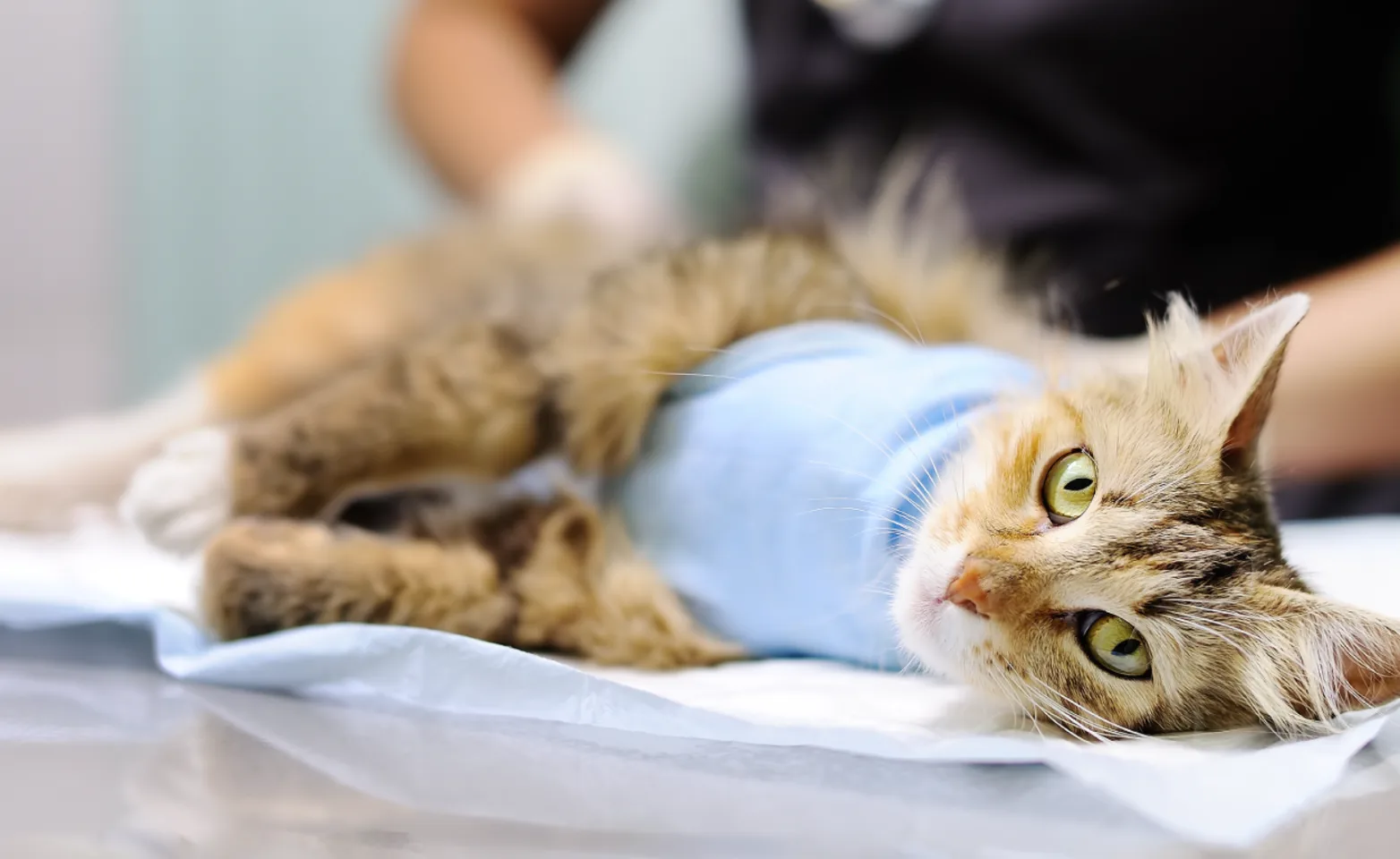South Asheville Veterinary Emergency & Specialty

Overview
Veterinary oncology involves the diagnosis and treatment of cancer in pets. We understand how devastating a cancer diagnosis can be. Veterinary oncology has come a long way, and a cancer diagnosis does not necessarily mean that your pet’s condition is terminal. Many pets with cancer do not even know they are sick, and enjoy a good quality of life throughout treatment. Our oncology team’s goal is to help you understand your pet’s diagnosis, and provide a range of treatment options so you can make the best decision for your pet and your family.

Cancer in Pets
Approximately one third of all dogs, and half of dogs over age 10, will develop cancer. Although feline studies are lacking, incidence in cats is likely similar. Pets can develop a variety of cancer types, such as lymphoma, hemangiosarcoma, mast cell tumors, and squamous cell carcinoma.
Although cancer’s prevalence is concerning, this also means that cancer research is ongoing, and new treatments are constantly developed to help pets combat the disease. Cancer treatment in pets differs from human treatment in that our goal is to preserve a good quality of life. Human treatments aimed at killing cancer cells can be harsh, causing severe side effects, but we believe that a pet’s treatment should never be worse than their disease. Throughout treatment, our goal is to provide a comprehensive treatment plan. Your pet’s quality of life and happiness are our main priorities
Your pet’s treatment plan may include:
Chemotherapy
Chemotherapy involves using medications to treat a pet’s cancer. The medications used typically target cancer cells, killing them to prevent cancer from spreading, or a tumor from growing larger. Chemotherapy is part of most treatment plans, and may be used in conjunction with surgery and/or radiation.
Veterinary chemotherapy uses lower medication doses than human chemotherapy, which means that pets do not experience severe side effects, such as hair loss or intractable vomiting. Although some side effects, such as nausea, may develop, we can prescribe medications to manage these complications and maintain your pet’s quality of life.
Radiation
Radiation oncology involves using a precise beam of radiation to kill microscopic cells left along a scar, shrink a cancerous tumor prior to surgical removal, or to make a pet more comfortable. Pets undergoing radiation therapy typically receive daily treatments for several weeks. This treatment modality is not currently offered at SAVES but is available at Upstate Vet in Greenville, SC.
Surgery
Surgery is often used to remove all or part of a cancerous tumor. When a tumor is completely excised (i.e., removed), surgery may be curative. In some cases, however, complete excision is not possible, and surgery is used to debulk a tumor (i.e., remove as much as possible) to make the pet more comfortable. Our oncologists work closely with our board-certified veterinary surgeons to ensure your pet’s continuity of care.
Palliative care
Sadly, cancer is not always responsive to treatment. When this is the case, it is often because your pet’s cancer is particularly aggressive or has spread throughout their body. Palliative care allows us to provide medications and treatments to keep your pet comfortable and pain-free so they can enjoy the time they have left with you.
